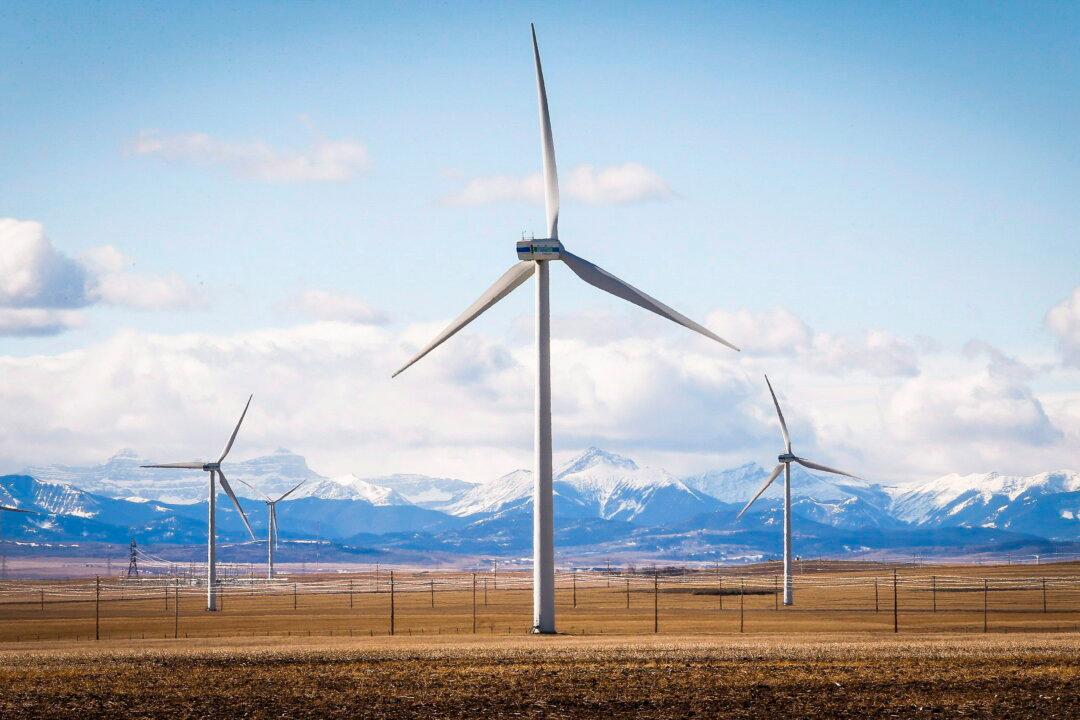Risks related to energy security won’t become a thing of the past in the context of transitioning to renewables, they will merely be transferred to the sources and providers of the green energy technologies, says a senior fellow at the Macdonald-Laurier Institute (MLI).
“What many people forget is that the risks to energy security do not disappear,” said Jeff Kucharski, also an adjunct professor at at Royal Roads University in B.C.





